Market Trends
Key Emerging Trends in the Artificial insemination Market
The Artificial Insemination market has witnessed significant growth in recent years, driven by advancements in reproductive technologies and a growing demand for efficient and controlled breeding in various animal species, including humans. Artificial insemination service from all over the world. The current market trend shows widespread adoption in many areas. Informing this expansion is the growing realization of the advantages positives that can be derived from AI in increasing fertility rates, ensuring genetic diversity, and consequently enhancing reproductive success as a whole. This vital trend that dictates the AI market is the constant development of the technological sphere. The newly emerging state-of-the-art innovations that are changing the way in which artificial insemination is undertaken include very accurate and effective AI methods that are driven by AI and also fusion of genetic screening tools. The demand for the AI services in the market livestock and agricultural is rising. An increasing number of farmers and breeders have been resorting to AI in order to establish effective breeding programs which are characterized by enhanced genetics, reduced disease vulnerability as well as increased productivity levels in both livestock and crops. In the area of reproduction, the human sphere in particular, AI is now the central figure. More couples are adopting artificial insemination as an acceptable solution in dealing with infertility issues due to increasing acceptance of AI approaches in the market. Transciention of found gender glass ceiling varies gender across the globe, due to this found effort in shadows of its National culture. Every marker trend is inclined towards low-cost alternatives in artificial insemination methods. It also encompasses the adoption of frozen semen, which improves the convenience of storage, transportation and widespread reach, thus the general accessibility of AI services. It is though the regulatory scene is changing to suit the rising numbers of artificial insemination within the society. Governments and regulatory bodies understand the need for regulations and frameworks to govern the usage of animal as well as human reproductive technology. The market is reporting a rapid increase in investments from both the public and private sectors which has been catalyzing research and developments in artificial insemination technologies. The trend towards partnership between research institutions, biotechnology companies as well as agricultural units is propping up the evolution of pioneering AI solutions. Although positive trends are evident, challenges are present which include ethical issues, need for holistic data governance policies, and knowledge of the need to address the public’s lack of confidence. A greater demand to reduce the environmental consequences of conventional reproduction methods gives rise to the use of AI as an alternative. The AI technology helps to minimise the need for large-scale breeding facilities operating with reduced impact on the ecological footprint making it market compliant to global initiatives. Market trends emphasize consumer education. After understanding the advantages and security of artificial insemination, the market is expected to garners substantial acceptance and demand in livestock farming as well as men and women with the fertility disorders. Looking ahead, the artificial insemination market is poised for continued growth. As technology continues to advance, regulatory frameworks mature, and public perception evolves, artificial insemination is expected to become an integral part of modern reproductive practices across various industries.


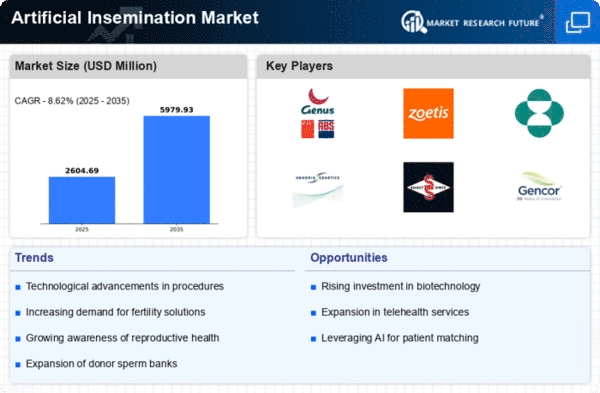
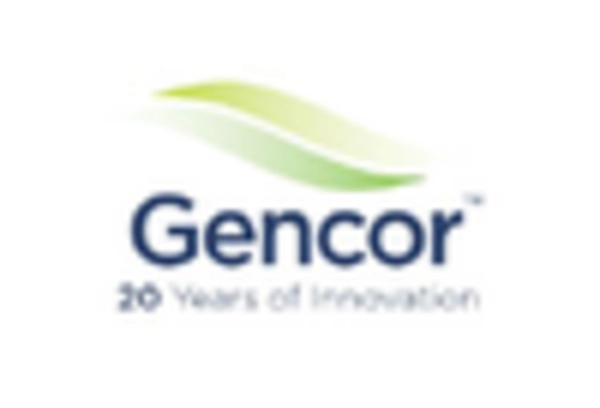
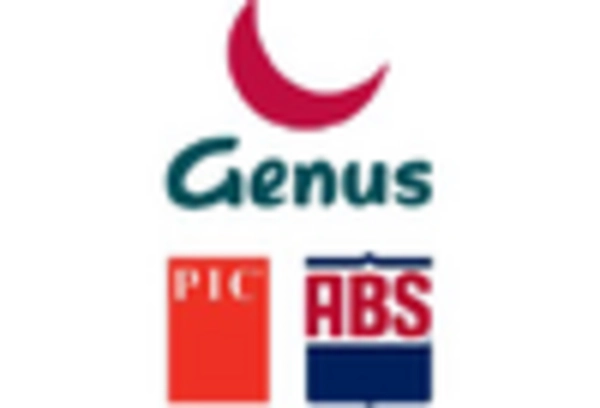


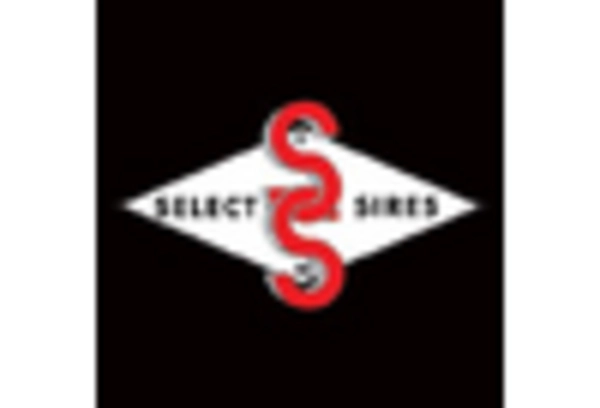
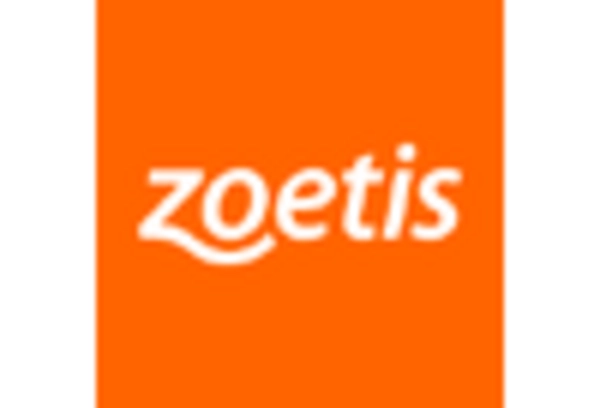









Leave a Comment